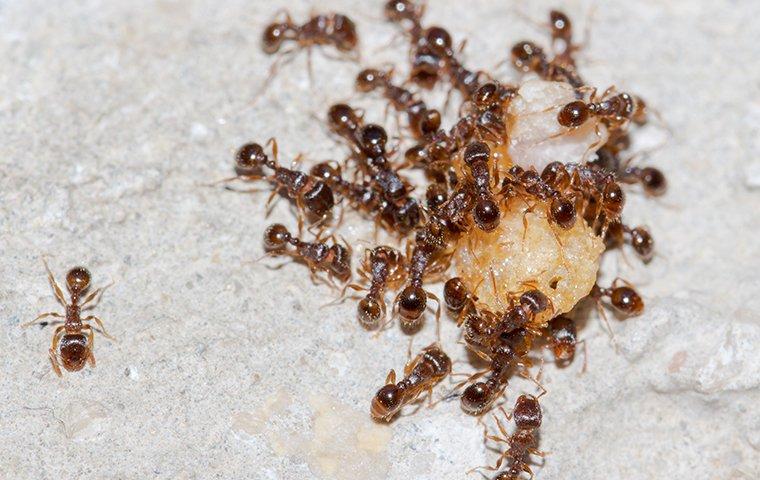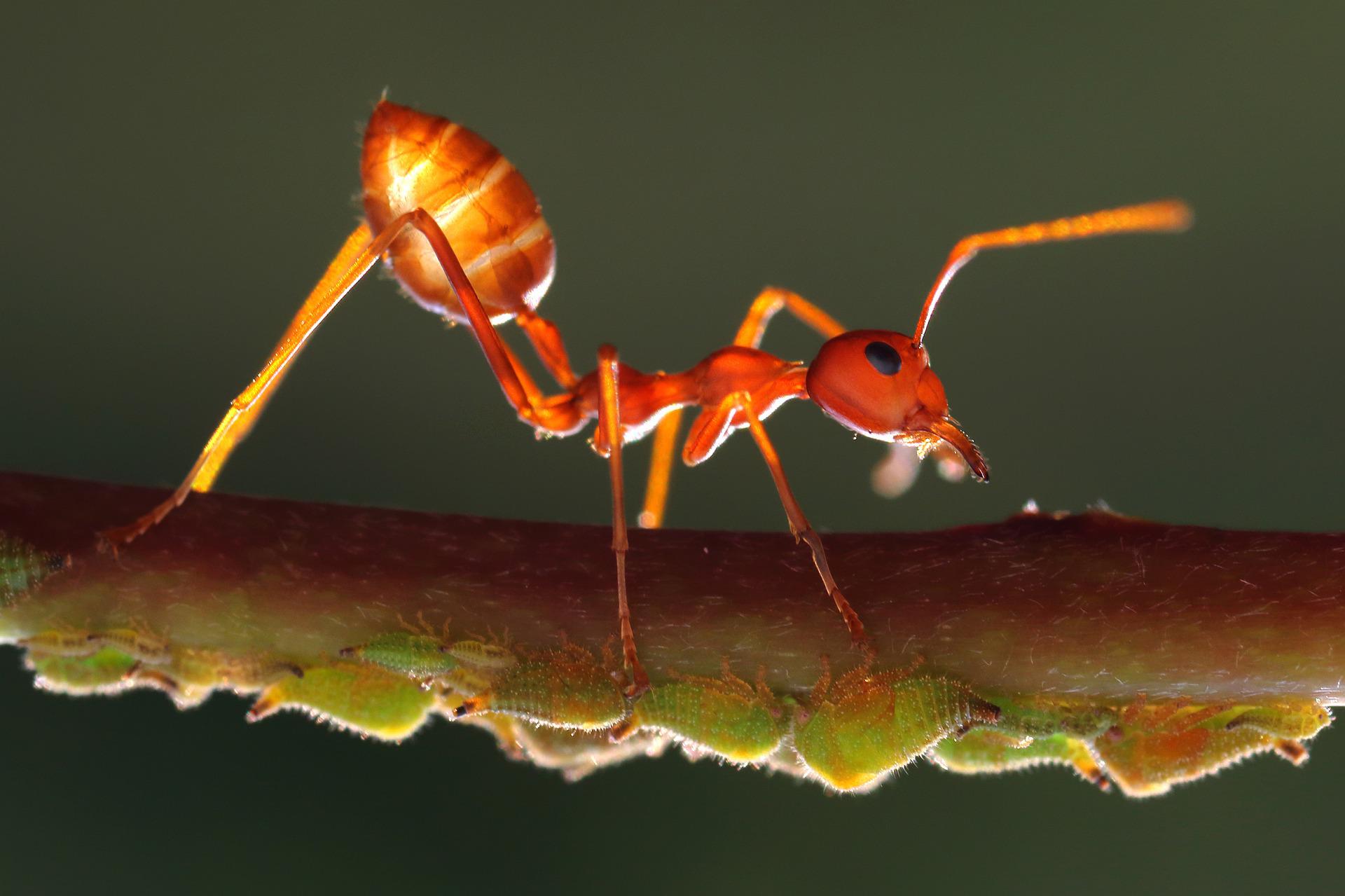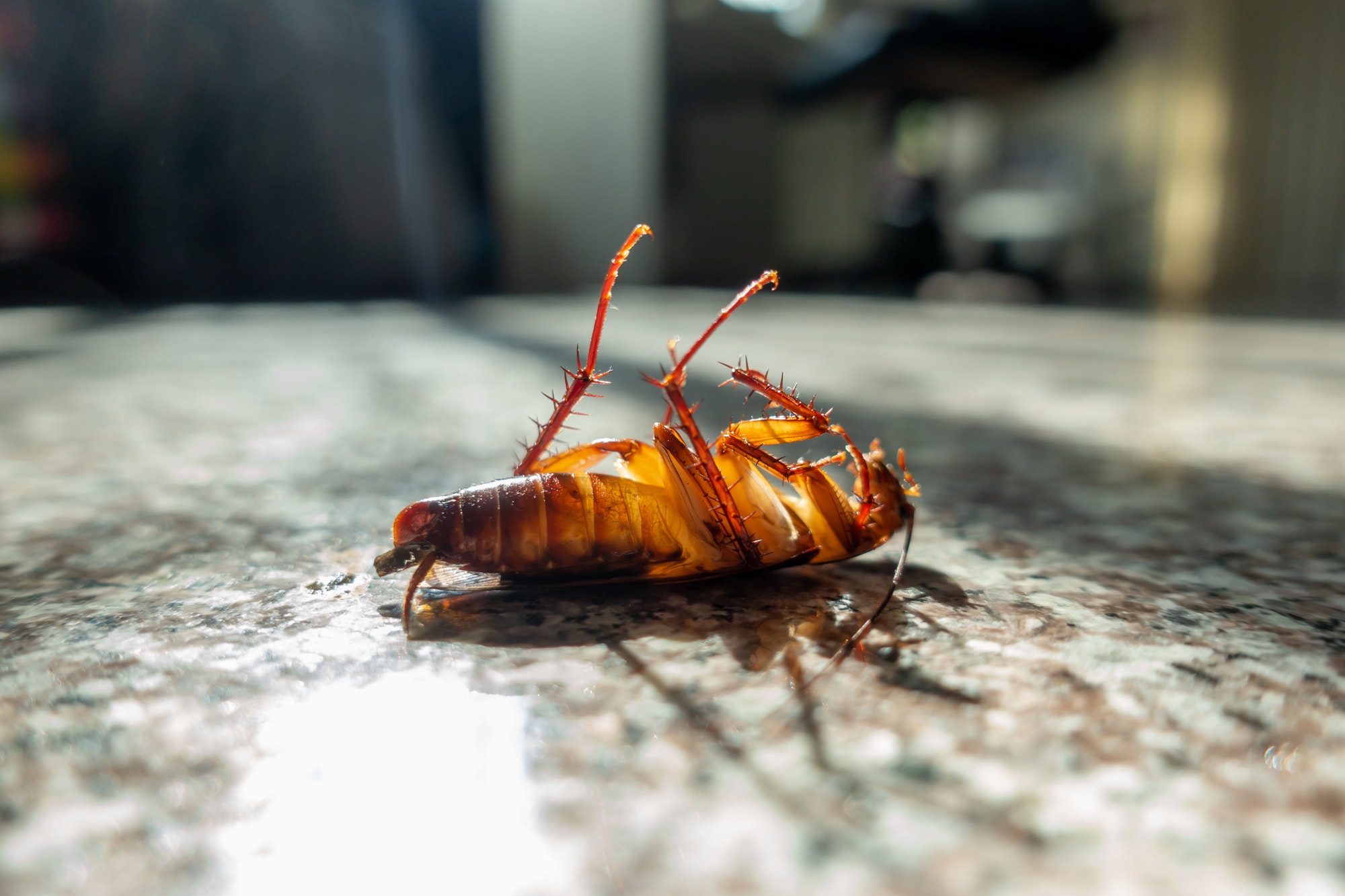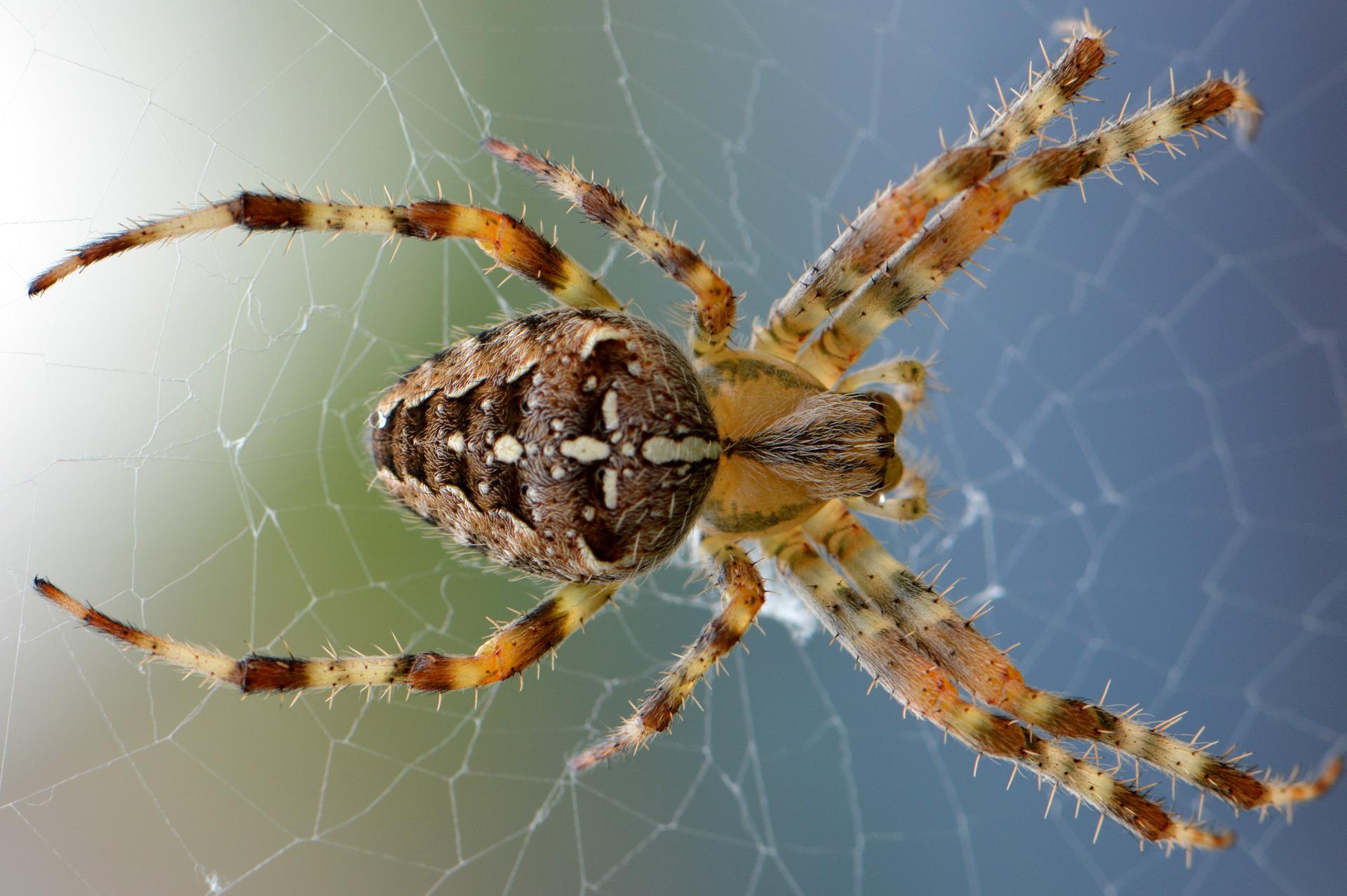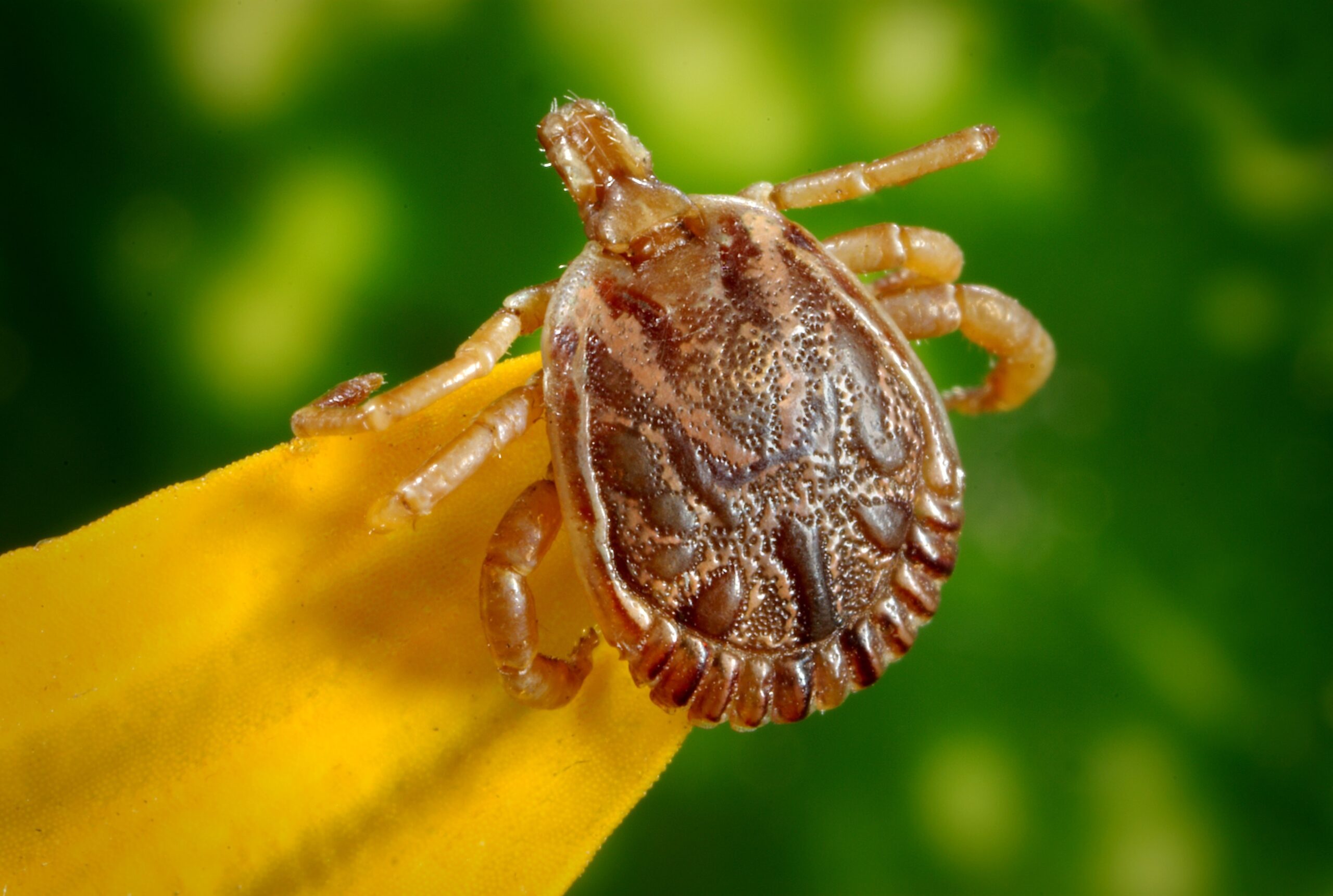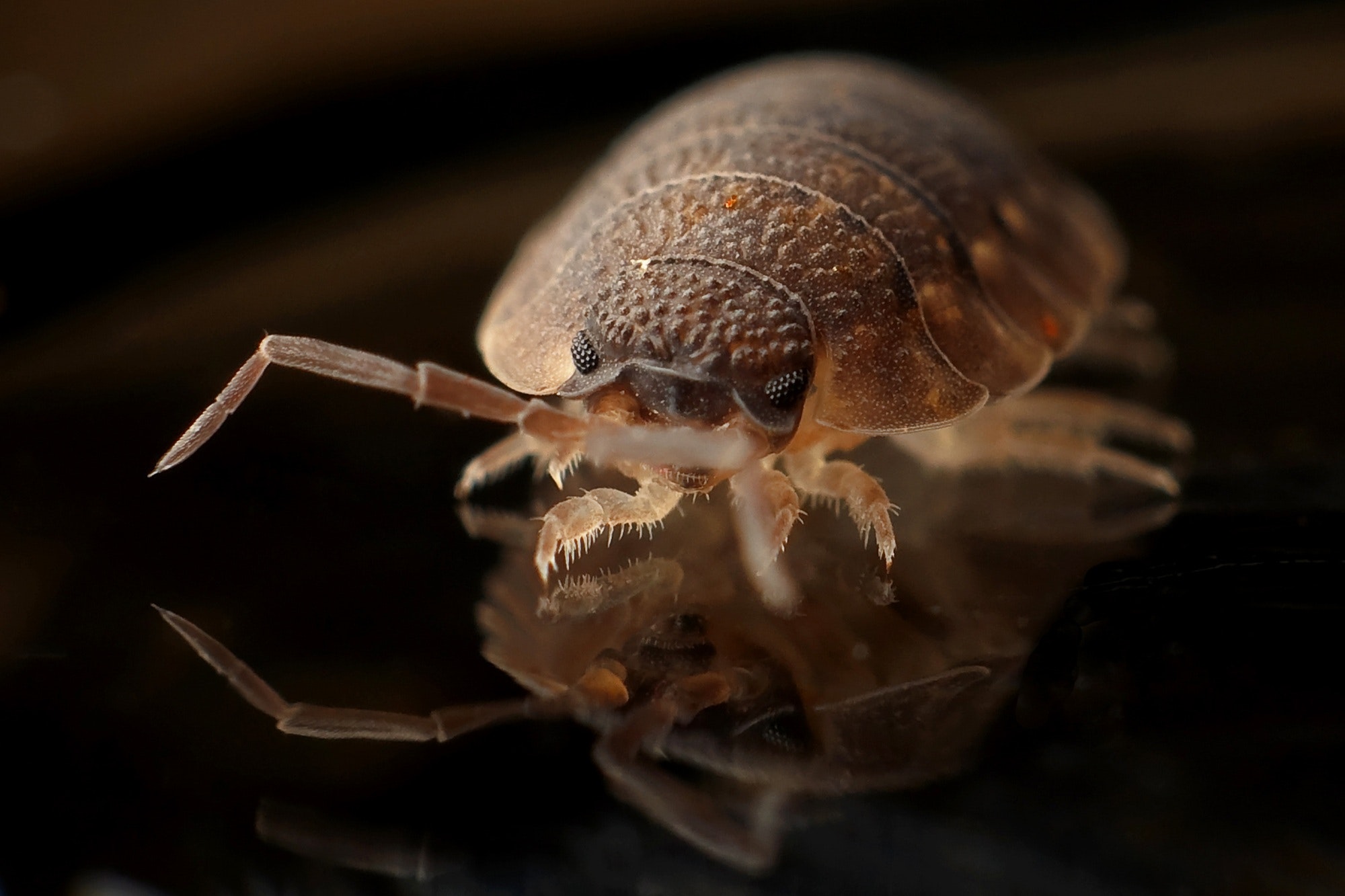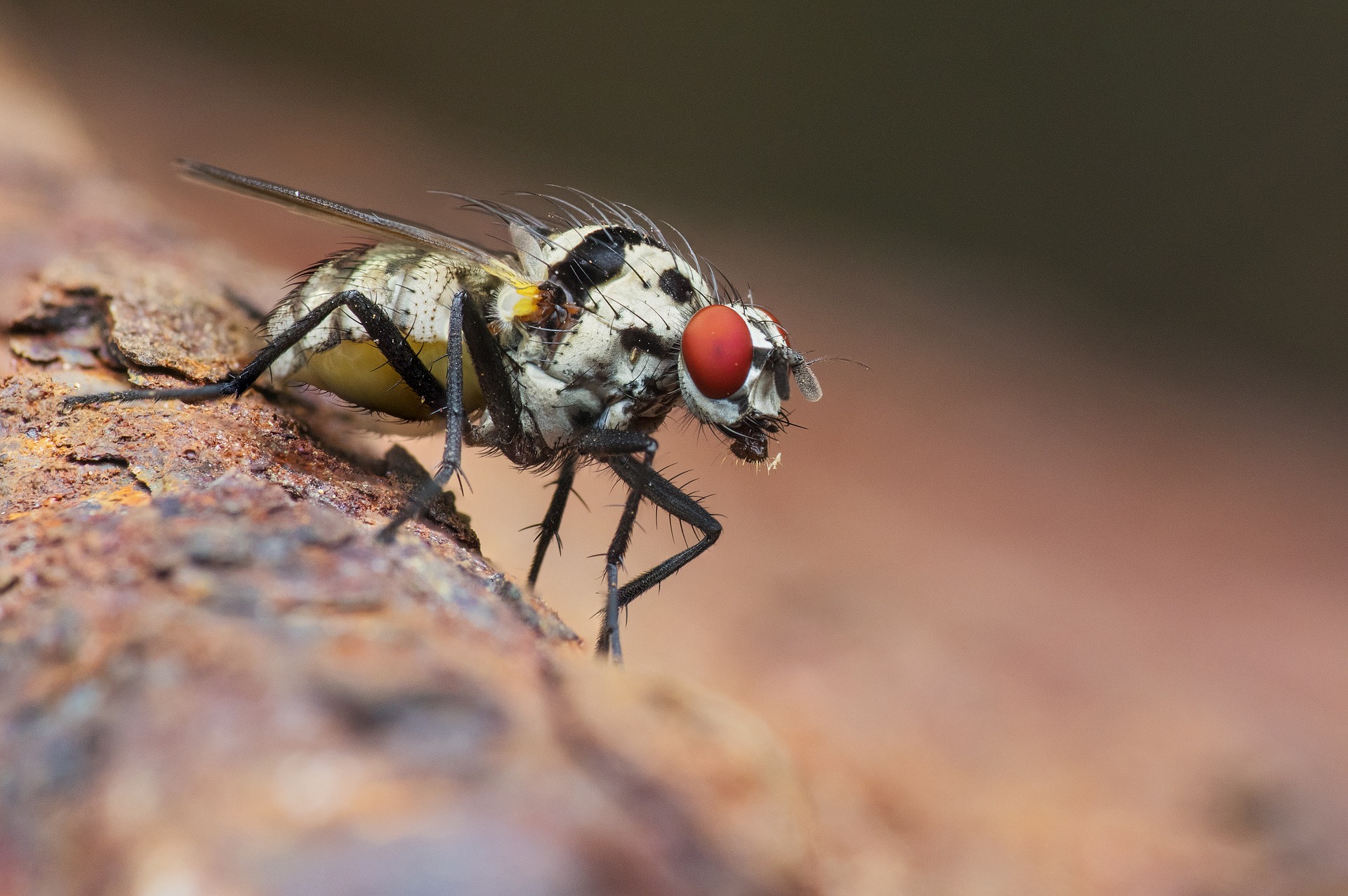Spiders are some of the most misunderstood creatures on Earth. People often think that all spiders are nocturnal, when in fact only a small percentage of them are. In this blog post, we’ll take a closer look at what makes spiders nocturnal and why some spiders stay active during the day.
To start, let’s define what nocturnal means. Nocturnal creatures are animals that are most active during the night. They typically sleep during the day and come out to hunt or forage after dusk. While there are many different types of nocturnal animals, most of them share a few key characteristics. For example, they tend to have good night vision and can navigate in the dark.
Are Spiders Nocturnal?
Most spiders have bad vision and therefore move around by sensing vibrations. In fact, that’s how they know when something landed on their web! And the vast majority of them are more active at night (nocturnal). Some have even moved from nocturnality to diurnality over time through evolution.
Which Spiders are Active at Night?
There are many reasons why a spider might be nocturnal. For example, it could be to avoid predators or extreme temperatures. Some spiders are nocturnal because that’s when their prey is most active. And for others, it’s simply a matter of energy conservation – it takes less energy to be active at night when the air is cooler.
Here are some of the most common nocturnal spiders:
- Wolf spiders – Wolf spiders are the hunters among arachnids. They build their burrows instead of webs and then wait for prey to come. You might find these critters hunting early morning hours but chances increase significantly at night when visibility is low.
- Black widow spiders – The black widows are nocturnal and often put their nests in out-of-the-way places. They don’t like to wander into your house because they prefer to be close to food sources, but you may occasionally find them indoors, most of the time in the garage. These spiders can cause painful bites if disturbed however most people will only require medical attention when there is an extreme reaction such things rarely happen though.
- Brown recluse spiders – The brown recluse are venomous North American spiders that are only active at night. The brown recluse is a shy spider that likes to stay hidden in dark places like closets, attics, and basements. It only comes out at night to hunt for food. These spiders can cause severe bites if they feel threatened. However, their fangs are too small to pierce clothing.
- Orb Weaver – The Orb Weaver Spider is a nocturnal creature that builds its nest and feeds at night. These spiders can even tear down their webs in the morning, so they’re not really hunters themselves! They sit off to one side waiting for vibrations from trapped prey before going towards it with silk-coated claws ready – but luckily these creatures are non-venomous to humans.
Where do Spiders go During the Day?
Most of the spiders will return to their web during the day. Spiders are often found near their Webs in shady areas. They will stay there during the day and wait for food to land on it so that they can catch whatever is coming by!
Spiders that are not nocturnal often hide in their burrows or among the leaves during the day, waiting for nightfall to come out and hunt.
Why do I get Lots of Spiders in my Home?
There are a few reasons you might be seeing more spiders in your home. It could be that there are more insects for them to eat, so they’re coming inside looking for a meal. It could also be that it’s mating season and the males are coming inside looking for females. Or, it could simply be that it’s getting colder outside and the spiders are looking for a warm place to stay! Whatever the reason, there are a few things you can do to discourage spiders from coming inside. Make sure to seal up any cracks or openings around your doors and windows. Keep your house clean and free of insects. And try to keep clutter to a minimum so that the spiders have fewer places to hide.
Spiders are fascinating creatures that come in all shapes and sizes. While most of them are harmless, there are a few that can cause harm to humans. It’s important to be able to identify the harmful ones and take precautions to avoid being bitten. If you do see a spider in your home, there’s no need to panic! Just be sure to keep an eye on it and call a professional if you’re unsure of what kind it is.
